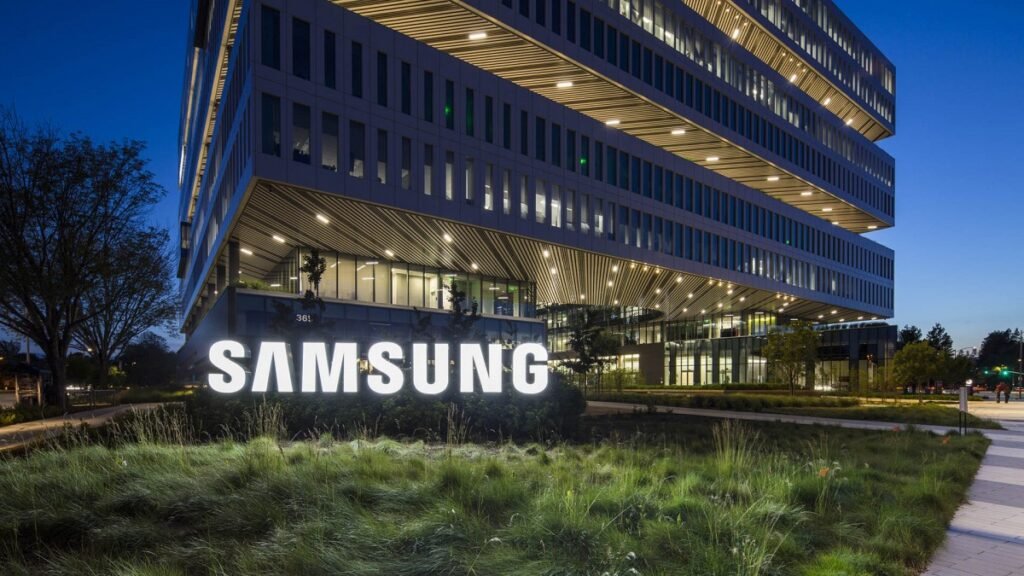Samsung is reportedly in talks to acquire Nokia’s network infrastructure business, a move that could significantly reshape the global telecommunications landscape. While Nokia has faced challenges in recent years competing with industry giants like Ericsson and Huawei, it remains a significant player in the network infrastructure sector. This potential acquisition could propel Samsung into a much stronger position in the market, particularly in the Radio Access Network (RAN) segment.
Samsung’s Ambitious Expansion Plans
According to industry insiders, Samsung has expressed interest in acquiring Nokia’s mobile network infrastructure business. The deal, if finalized, could be worth around $10 billion and would mark a significant step in their efforts to expand its footprint in the global telecom industry. The acquisition would boost Samsung’s RAN market share from its current 6.1% to an impressive 25.6%, making it the second-largest RAN supplier worldwide, just behind Ericsson and Huawei.

Strengthening Samsung’s RAN Capabilities
Samsung is no stranger to the telecom infrastructure business. The South Korean tech giant already produces 4G and 5G base stations, chipsets, devices, radios, and core equipment. Its technology is used by mobile carriers across the globe, including Telus in Canada, O2 Telefónica in Germany, Reliance Jio in India, KDDI and NTT DoCoMo in Japan, Dish and Verizon in the United States, and Vodafone in the United Kingdom.
However, despite these accomplishments, their RAN division still lags behind the market leaders. Acquiring Nokia’s network infrastructure business would give them a significant boost in this area, allowing it to compete more effectively with its larger rivals.
The Struggles and Strategic Moves of Nokia
Nokia has been exploring various options to address its challenges in the highly competitive telecom equipment market. Over the past few years, the Finnish company has struggled to maintain its position against industry heavyweights like Ericsson and Huawei. As a result, Nokia has been considering a range of strategic moves, including selling parts or all of its telecom equipment division or merging with a rival.
While no final decision has been made, the potential sale represents one of the most significant options on the table. If the deal goes through, it would mark a major shift in the telecom industry, with Samsung poised to become a dominant player in the global network infrastructure market.
Implications for the Global Telecom Market
The acquisition of Nokia’s network infrastructure business by Samsung could have far-reaching implications for the global telecom industry. With a substantially increased RAN market share, Samsung would be in a much stronger position to influence the future direction of mobile networks, particularly as the industry continues to evolve towards 5G and beyond.
For Nokia, the sale would represent a major restructuring of its business. While the company would lose a significant portion of its telecom operations, the move could allow Nokia to focus on other areas of its business or explore new opportunities in the tech sector.

A Strategic Move for Samsung
For Samsung, the acquisition would not only enhance its RAN capabilities but also reinforce its position as a key player in the global telecom market. The company has been steadily building its telecom infrastructure business over the years, and acquiring Nokia’s assets would give it the scale and resources needed to compete with the likes of Ericsson and Huawei more effectively.
The deal would allow Samsung to offer a more comprehensive suite of telecom solutions to its global customers, potentially leading to increased market share and revenue growth.
The rumored acquisition of Nokia’s network infrastructure business represents a bold and strategic move by the South Korean giant to strengthen its position in the global telecom industry. While the deal is still in the discussion phase, the potential benefits are clear. By acquiring Nokia’s assets, theycould significantly enhance its RAN capabilities, positioning itself as a major global player in the telecom market. As the discussions continue, the industry will be closely watching how this potential acquisition unfolds and what it means for the future of the global telecom landscape. If successful, the deal could mark the beginning of a new era and a major shift in the competitive dynamics of the telecom infrastructure market.
(source)






